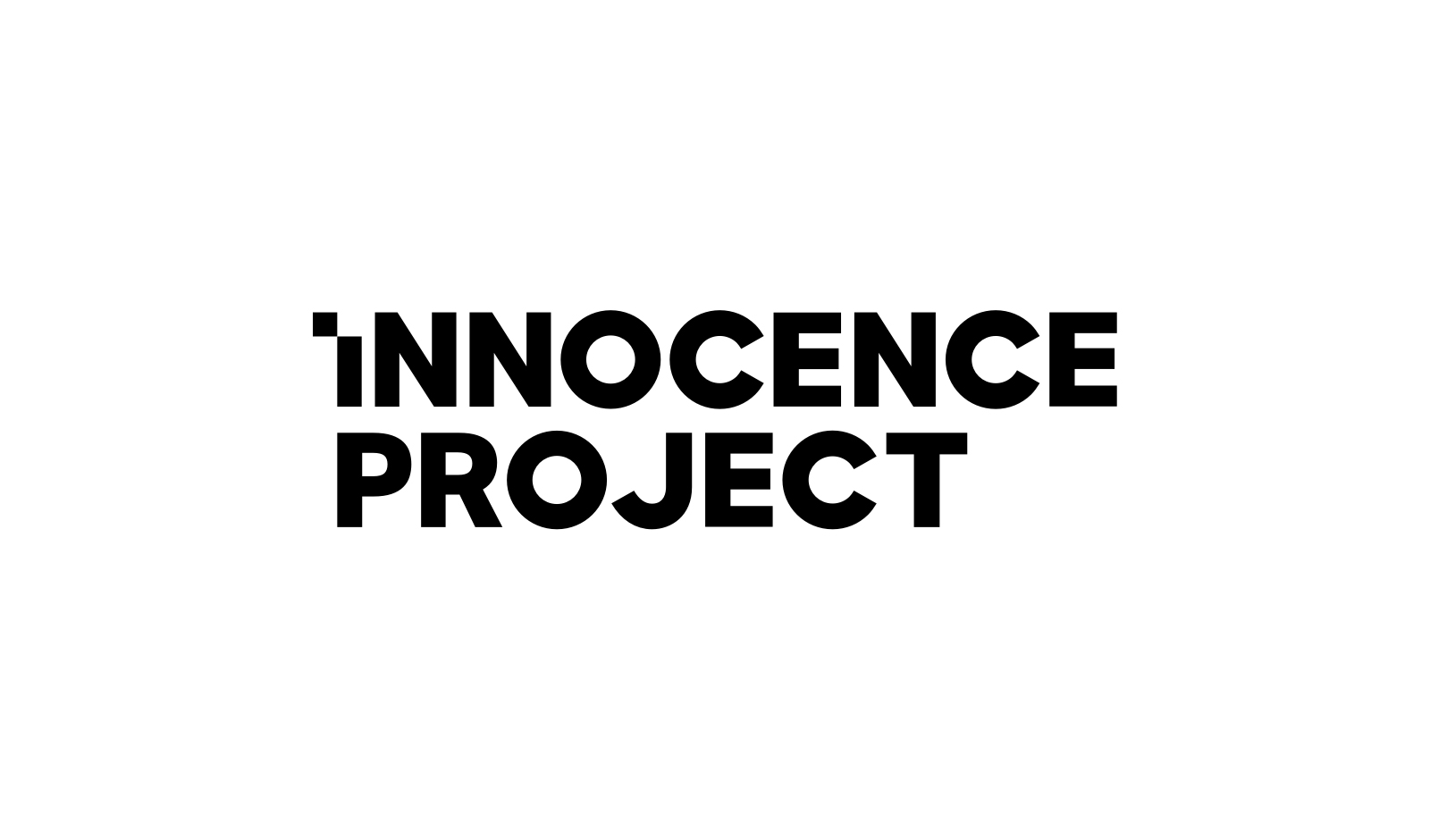What is your organization’s issue focus?
The Innocence Project works to free the innocent, prevent wrongful convictions, and create fair, compassionate, and equitable systems of justice for everyone. Our work is guided by science and grounded in antiracism and our policy team works to both reveal and prevent wrongful convictions through legislative advocacy. While the team passes a range of innocence reforms, e.g. banning police deception during interrogations; creating statutory mechanisms for people to prove their innocence when science changes or evolves, it is also focused upon leveraging the experiences of the innocent to make foundational changes to our criminal legal system.
What is something your organization is currently prioritizing? Can you tell our readers a little about the goals of the campaign/project?
Current areas of focus include eliminating the trial penalty by demonstrating the coercive nature of plea bargaining; banning or regulating technologies that are disproportionately deployed in communities of color and that are used to develop suspects, e.g. predictive policing; facial recognition technology, ShotSpotter, to name a few; and addressing racial bias and lack of quality management in forensic pathology.
Many of our member organizations work with both our Bolder Advocacy initiative and our Justice program. How has either or both most helped you? How have you worked with either or both?
Bolder Advocacy has been instrumental to our functioning as a c(3) organization that engages in both federal and state lobbying. Given our presence on both The Hill and in more than 40 state houses across the nation, there are many moving parts that we must negotiate to ensure we are complying with lobbying and ethics laws. We lean heavily of Bolder Advocacy to better understand each state’s lobbying rules and to develop systems to ensure we are in compliance. We could not be more grateful to Bolder Advocacy for their years of support and technical assistance.
Do you have an “Advocacy Tip” to share or “Lesson Learned” while organizing this or other campaigns? Do you have any general words of wisdom that you’d like to share with other staff engaged in advocacy?
One advocacy tip is developing authentic processes to receive feedback and wisdom about the impact an intended legislative proposal may have on the people it is intending to help. Since developing an Exoneree Policy Advisory Council, comprised of people who have been exonerated, our draft legislative proposals have benefitted from the insights of people directly impacted by the criminal legal system, who are then integrated into the campaign work from the earliest stages. Our sessions together help us to refine proposals, add provisions to proposals we would not have otherwise known to include, better understand our priorities and where we might be able to negotiate (and where not), and create early advocacy partnerships so that everyone is pushing a consensus legislative proposal together.
Who inspires you? This can be an inspiration to you personally or an organizational inspiration.
Innocence Project: [response from Director of Policy Rebecca Brown] I am most inspired by Jefferey Robinson of The Who We Are Project, an organization dedicated to correcting the narrative on our shared history of anti-Black racism in the United States. The relative success of efforts by advocates seeking to transform the criminal legal system is directly related to how deeply Americans will reckon with our “true history” and acknowledge its operations today – only then will we see foundational changes to our systems of justice.
All spotlights are written by AFJ members directly. Please reach out to membership@afj.org if you’d like to complete a member spotlight.
